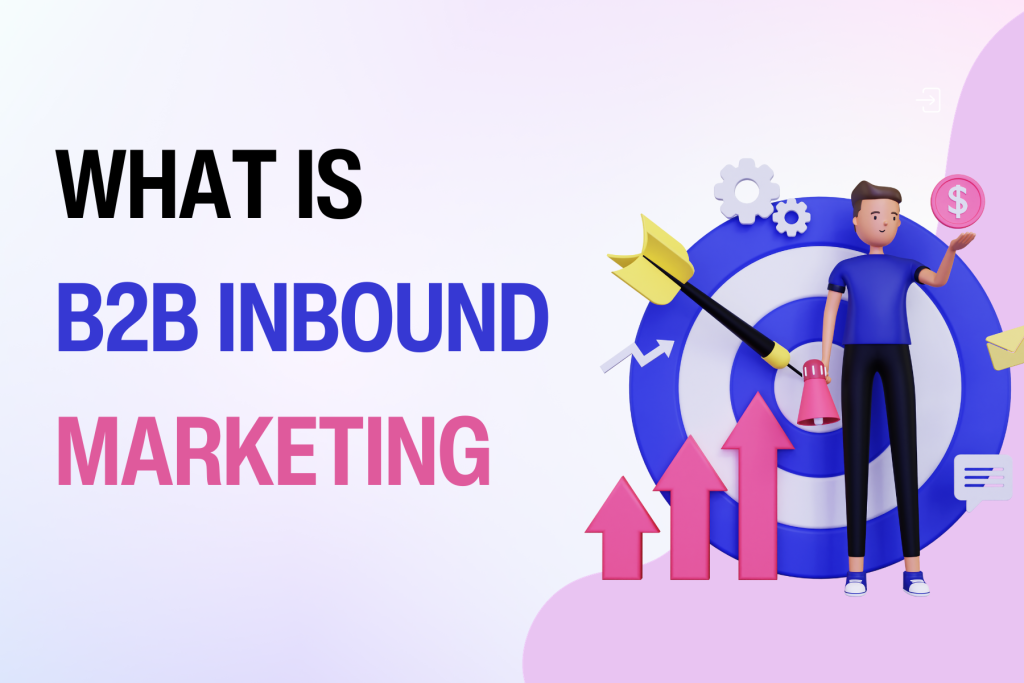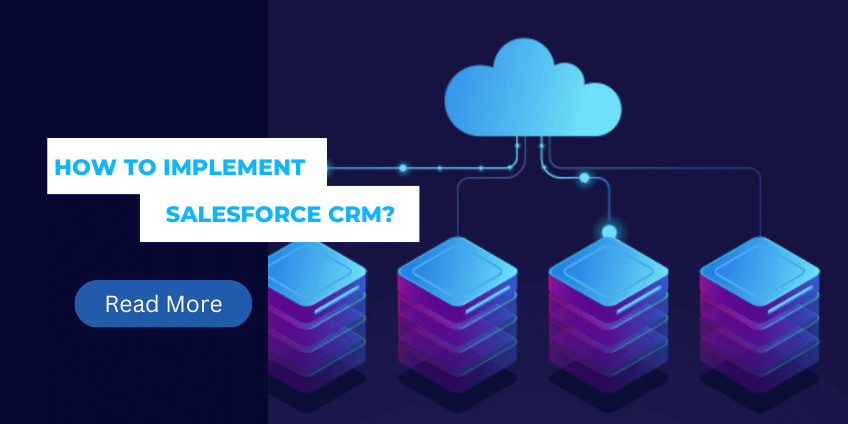B2B Inbound Marketing
In the ever-evolving world of business, the notion that outbound marketing is the only effective strategy for B2B companies is rapidly becoming obsolete. Many still cling to the belief that aggressive sales tactics and cold calls are the key to success. However, this outdated perspective overlooks the transformative power of B2B Inbound Marketing. If you’re still relying on traditional marketing methods, it’s time to embrace the innovative approach of B2B Inbound Marketing to revolutionize your business strategy.
B2B Inbound Marketing is not just a trend; it’s a paradigm shift that focuses on attracting potential customers through valuable content and personalized experiences. By understanding and implementing the core principles of B2B Marketing, you can build stronger relationships with your audience, drive higher engagement, and ultimately boost your bottom line. Let’s delve into the key aspects of B2B Marketing and explore how it can significantly enhance your business outcomes.
What is B2B Inbound Marketing?

B2B Inbound Marketing is a strategy that centers on attracting and engaging potential customers by providing valuable and relevant content. Unlike traditional outbound marketing, which interrupts potential customers with unsolicited messages, B2B Marketing aims to create a seamless and engaging experience that draws customers in naturally. By focusing on the needs and interests of your target audience, you can create content that resonates and builds trust over time.
What is B2B Inbound Marketing?
B2B Inbound Marketing is a strategy that centers on attracting and engaging potential customers by providing valuable and relevant content. Unlike traditional outbound marketing, which interrupts potential customers with unsolicited messages, B2B Marketing aims to create a seamless and engaging experience that draws customers in naturally. By focusing on the needs and interests of your target audience, you can create content that resonates and builds trust over time.
Why B2B Inbound Marketing is Essential for Your Business
1. Building Trust and Credibility
In the B2B world, building trust and credibility is crucial. B2B Marketing allows you to establish your brand as a thought leader by consistently delivering high-quality, informative content. When your audience sees you as a valuable resource, they are more likely to trust your products and services.
2. Cost-Effective Strategy
B2B Inbound Marketing is often more cost-effective than traditional outbound methods. Instead of spending large sums on advertisements and cold outreach, you can invest in creating content that continues to attract and engage prospects over time. This not only reduces costs but also ensures a higher return on investment.
3. Targeted Lead Generation
One of the key benefits of B2B Marketing is its ability to generate highly targeted leads. By creating content that addresses the specific pain points and needs of your target audience, you attract prospects who are genuinely interested in what you offer. This leads to higher conversion rates and more qualified leads.
Key Components of a Successful B2B Inbound Marketing Strategy
1. Content Marketing
At the heart of B2B Inbound Marketing is content marketing. Creating valuable, relevant, and consistent content is essential for attracting and retaining your target audience. This can include blog posts, whitepapers, eBooks, case studies, and webinars. Each piece of content should address the needs and interests of your audience, providing solutions to their problems and positioning your brand as an industry leader.
2. SEO Optimization
Search engine optimization (SEO) is critical for ensuring that your content reaches your target audience. By optimizing your content with relevant keywords, meta descriptions, and backlinks, you can improve your search engine rankings and drive organic traffic to your website. Effective SEO is an integral part of any B2B Inbound Marketing strategy.
3. Social Media Engagement
Social media platforms are powerful tools for amplifying your content and engaging with your audience. By sharing your content on social media, you can reach a wider audience and encourage interactions. Engaging with your followers, responding to comments, and participating in industry discussions can help build relationships and drive traffic to your website.
4. Email Marketing
Email marketing remains a highly effective component of B2B Marketing. By nurturing leads through targeted email campaigns, you can keep your audience engaged and guide them through the buyer’s journey. Personalized and relevant email content can significantly enhance your lead nurturing efforts.
5. Analytics and Measurement
To ensure the success of your B2B Inbound Marketing strategy, it’s essential to track and measure your efforts. Using analytics tools, you can monitor key performance indicators (KPIs) such as website traffic, lead generation, conversion rates, and engagement levels. This data allows you to refine your strategy and optimize your marketing efforts for better results.
Quick Start Cloud’s Role in B2B Marketing
Overview of Quick Start Cloud
QuickStartCloud stands out as a leading agency with expertise in B2B marketing. Their approach revolves around providing tailored solutions that align with the principles.
Quick Start Cloud’s Services=
QuickStartCloud offers a range of services specifically designed for B2B inbound marketing. Case studies and testimonials showcase the agency’s success stories in driving results for their clients.
How Quick Start Cloud Helps Businesses Excel
QuickStartCloud employs unique strategies, tools, and methodologies to enhance B2B inbound marketing efforts. Their collaborative approach and client-centric solutions set them apart in the competitive landscape.
For more insights on leveraging digital strategies, check out our article on Salesforce Marketing Cloud Features and dive into the comprehensive guide on Salesforce Marketing Cloud Automation.
Conclusion:
B2B Inbound Marketing is more than just a buzzword—it’s a transformative approach that can elevate your business strategy and drive meaningful results. By focusing on creating valuable content, optimizing for search engines, engaging on social media, leveraging email marketing, and continuously measuring your performance, you can build a robust B2B Inbound Marketing strategy that attracts, engages, and converts your target audience. Embrace the power of B2B Marketing to stay ahead in a competitive landscape and unlock new growth opportunities for your business.

